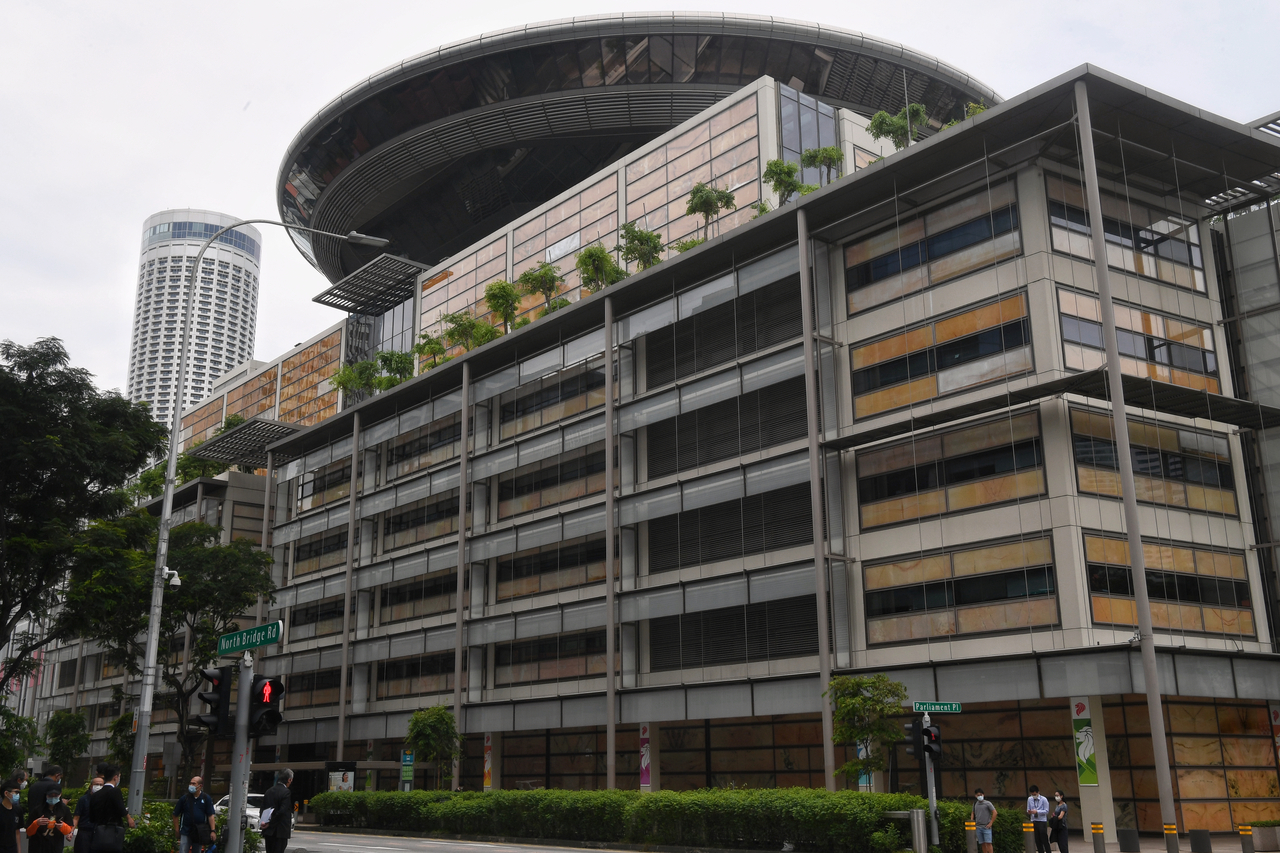Burden of proof on recipient of correction directions under Pofma to show arguable case: Apex court
Sign up now: Get ST's newsletters delivered to your inbox

The burden of proof in a court challenge against correction directions issued under Singapore's fake news law lies from the outset on the recipient of the direction being challenged.
ST PHOTO: KUA CHEE SIONG
Follow topic:
SINGAPORE - The burden of proof in a court challenge against correction directions issued under Singapore's fake news law lies from the outset on the recipient of the direction being challenged, the apex court ruled on Friday (Oct 8).
The decision by a five-judge Court of Appeal puts to rest the issue, which has seen conflicting views by two High Court judges.
In its first decision on the Protection from Online Falsehoods and Manipulation Act (Pofma), the apex court said the recipient of the correction direction must show a prima facie case - meaning, on first impression - of reasonable suspicion that one or more of the grounds for setting aside the direction is satisfied.
This means putting forward some material which might, on further consideration, turn out to be an arguable case in favour of the recipient.
"The initial standard of a prima facie case of reasonable suspicion is not a high bar to meet," the court added.
If the recipient succeeds in crossing the threshold, the evidential burden then shifts to the minister who issued the correction direction, to show that none of the grounds for setting aside are made out.
"The final determination will be made by the court based on the totality of the evidence adduced by the parties, applying the standard of proof on the balance of probabilities," said the court.
Adopting such a graduated and calibrated approach to proof in the Pofma context would achieve broad consistency between the statutory mechanism provided in Section 17 of Pofma for challenging the minister's decision and judicial review of other aspects of the minister's decision-making, said the court.
The court said it was inconsistent with the administrative law presumption of the legality of executive action to allow an applicant to mount a challenge to the minister's issuance of a correction direction without putting forward any basis for its challenge.
The court added that placing the burden of proof on the minister from the outset without first requiring the recipient of the correction direction being challenged to show some objective basis for its complaint opens the way to abuse.
In February last year, in the Singapore Democratic Party's court challenge against correction directions issued under Pofma, Justice Ang Cheng Hock found that the burden should fall on the Government to prove a statement is false.
He said this was because the issuance of correction directions amounted to curtailing the right to free speech, which is protected by the Constitution.
Justice Belinda Ang disagreed later that month, in her decision on the challenge brought by The Online Citizen.
She said a correction direction under Pofma does not constrain free speech as it does not require the removal of the original statement.

